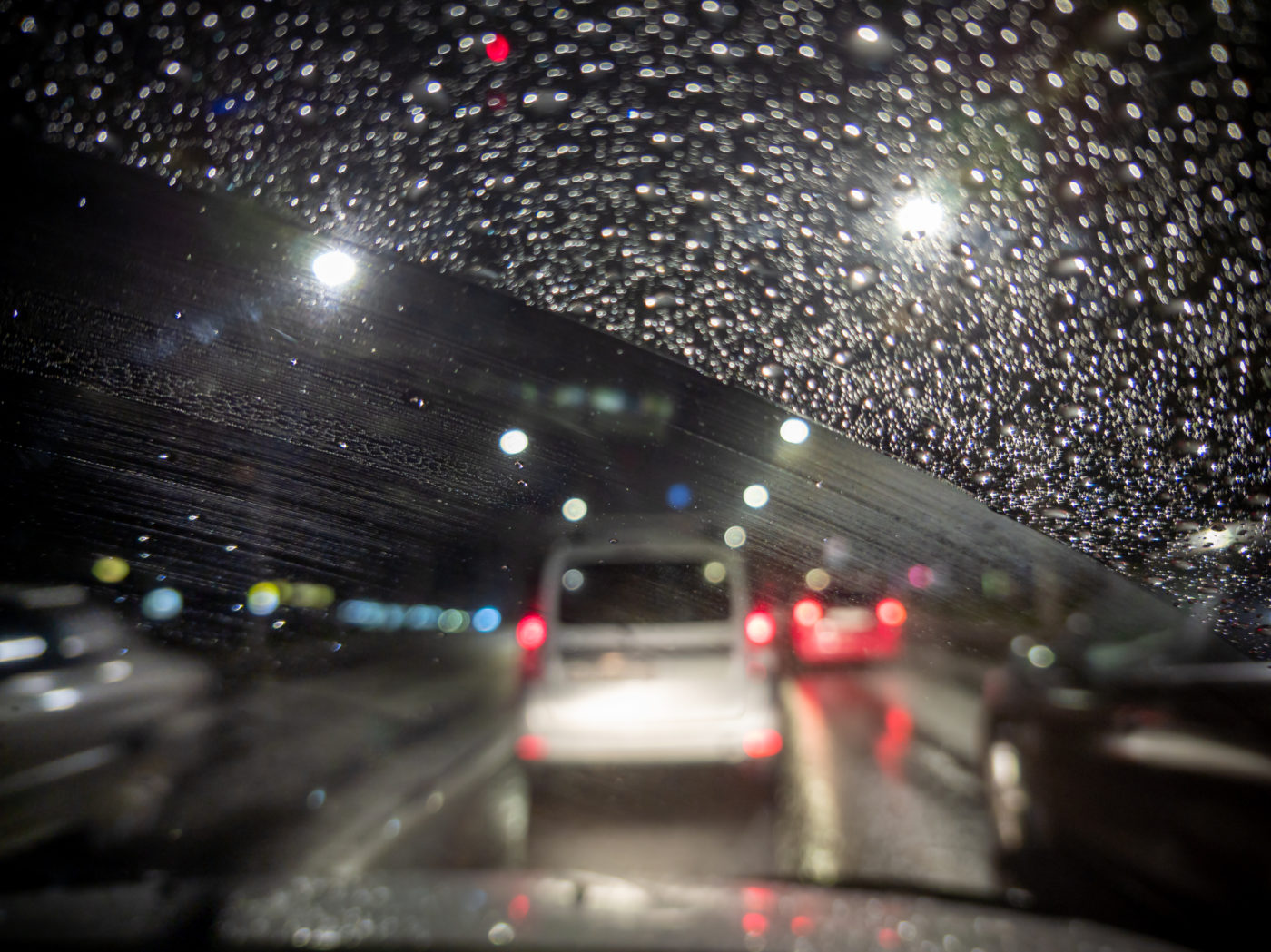There are many causes of a decrease in night vision. Some are treatable and some are not.
The most common cause of a decrease in night vision is the formation of a cataract. Cataracts are a clouding of the lens in the eye which can cause blurry vision or halos and glare around lights. Patients may find it difficult to drive at night with these symptoms. Having cataract surgery would greatly improve a patients night vision.

Diabetic retinopathy in its early stages is another cause of night vision problems. There is a gradual damage to blood vessels in the retina by diabetes and the focus of images on the retina is affected. There is also a longer adjustment time in ones vision when going inside from outside when there are diabetic changes. Seeing an eye doctor for proper care of diabetic retinopathy will help manage the disease.
There are genetic disorders such as retinitis pigmentosa that are progressive and start by the patient having decreased night vision.
Extreme exposure to sunlight after a long day at the beach for instance can cause a temporary cause of night vision problems. Wearing proper sunglasses during the say will help prevent this.
Even though LASIK complications are rare, there can be occasional night vision issues that a patient may experience.
Drugs can effect night vision as well. One example is Accutane which is used for acne treatment. It can lead to a sudden loss of night vision. An eye drop that can decrease night vision is pilocarpine which is a used in some types of glaucoma treatment.
Another cause of blurry vision is night myopia. There is an increase in nearsightedness at night due to excessive focusing or accommodation in the dark. Glasses will help if night myopia is the cause.
Blurry night vision or poor quality vision at night are good reasons to come your eye doctors at the Ft.Lauderdale Eye Institute.






